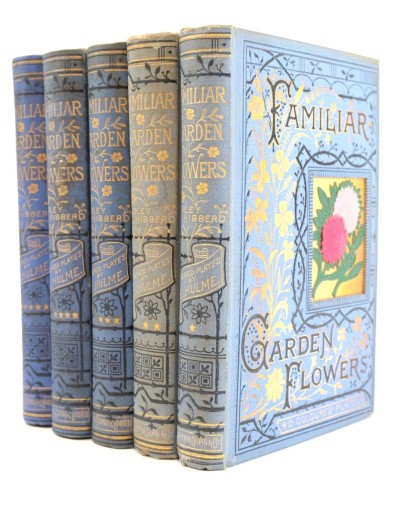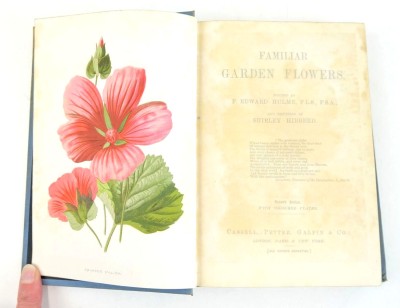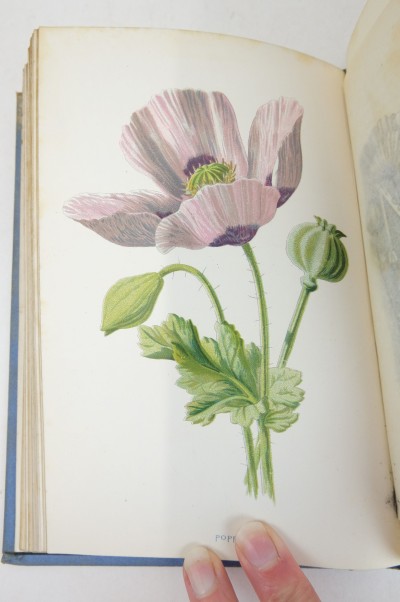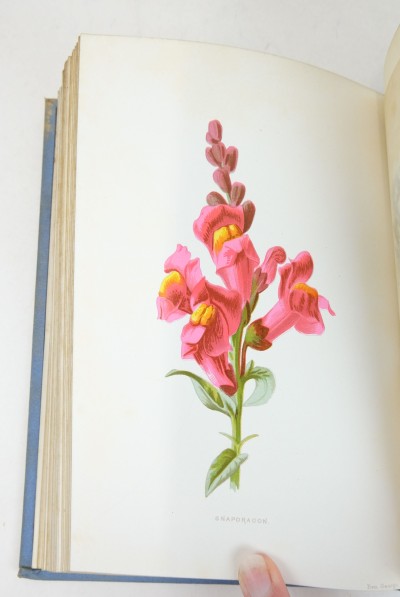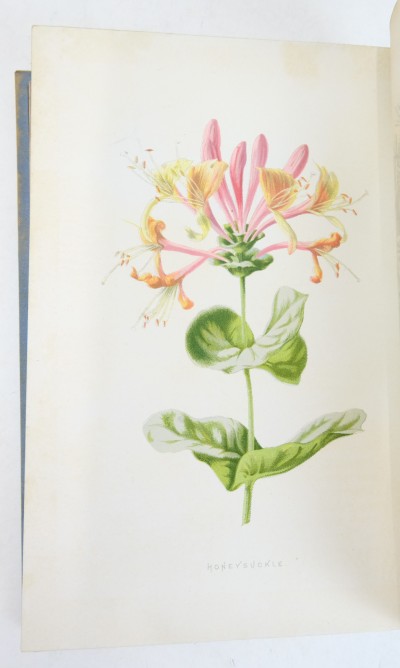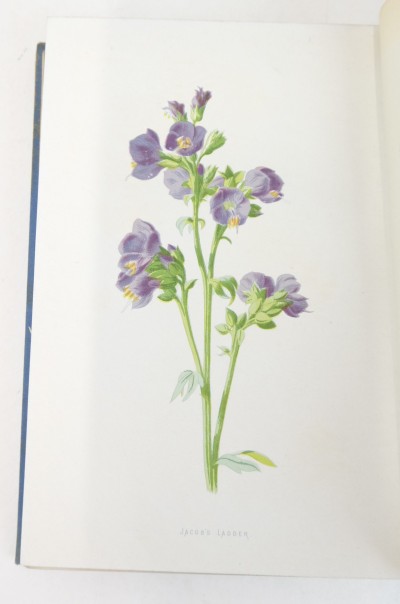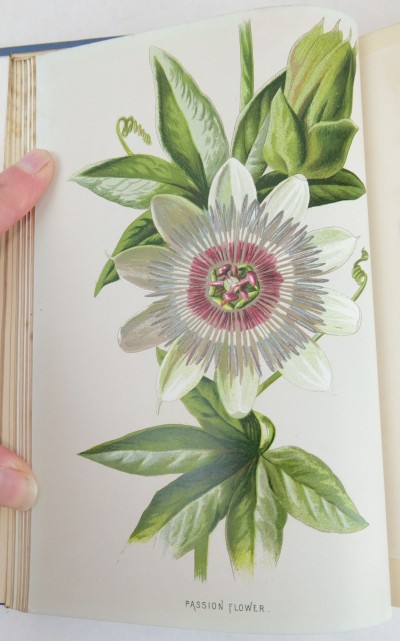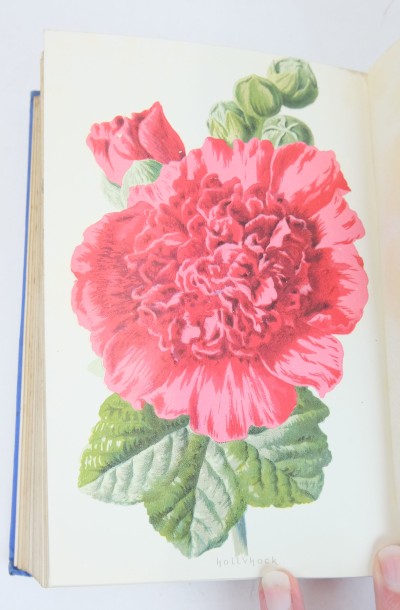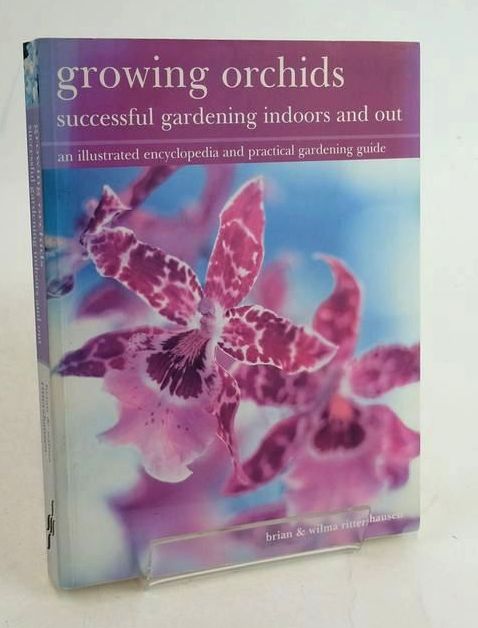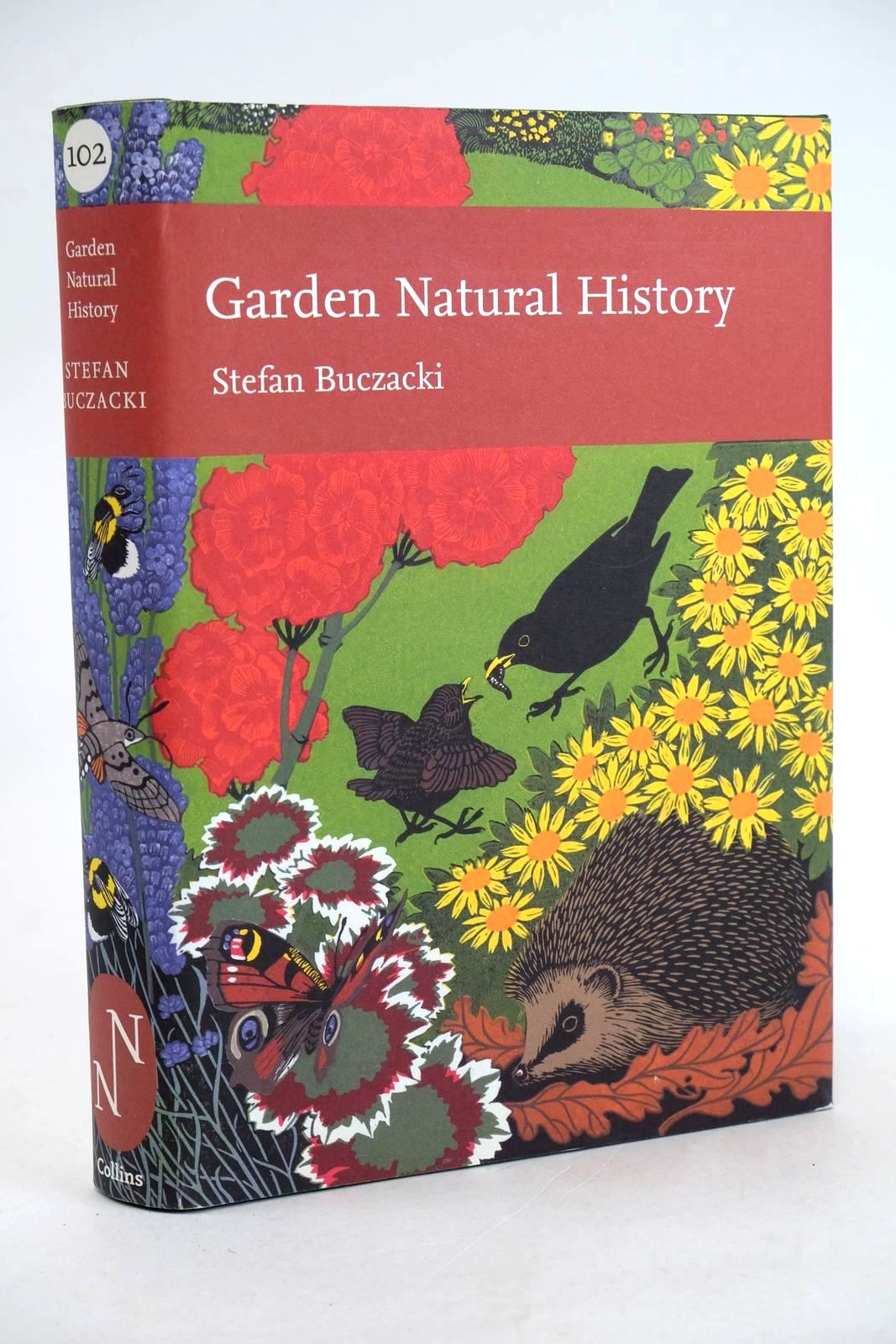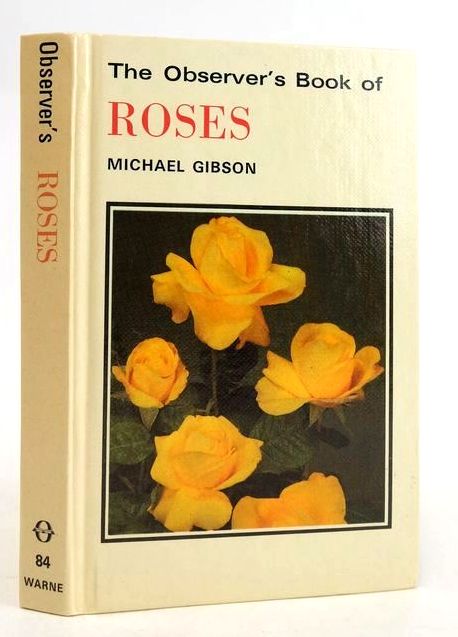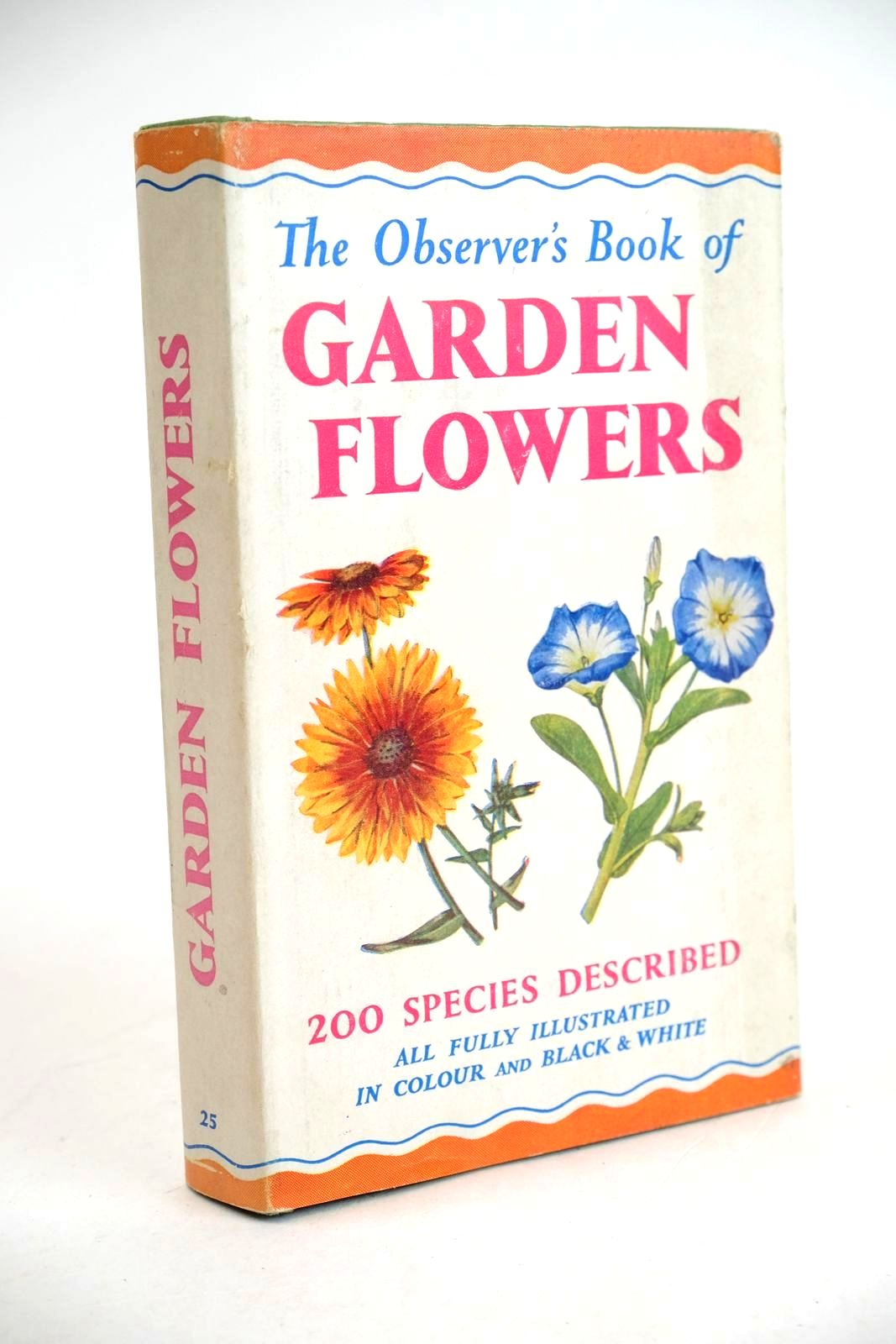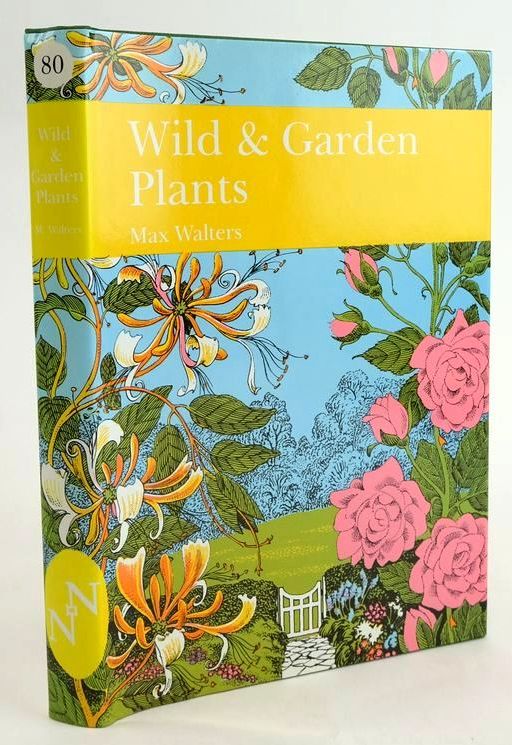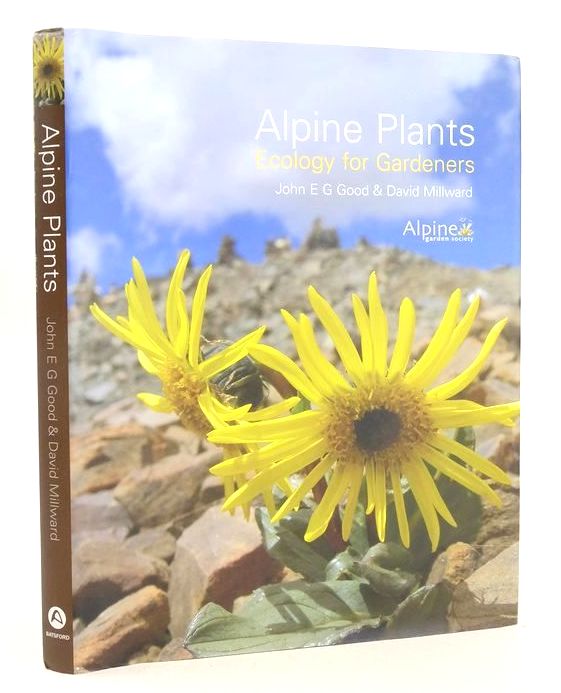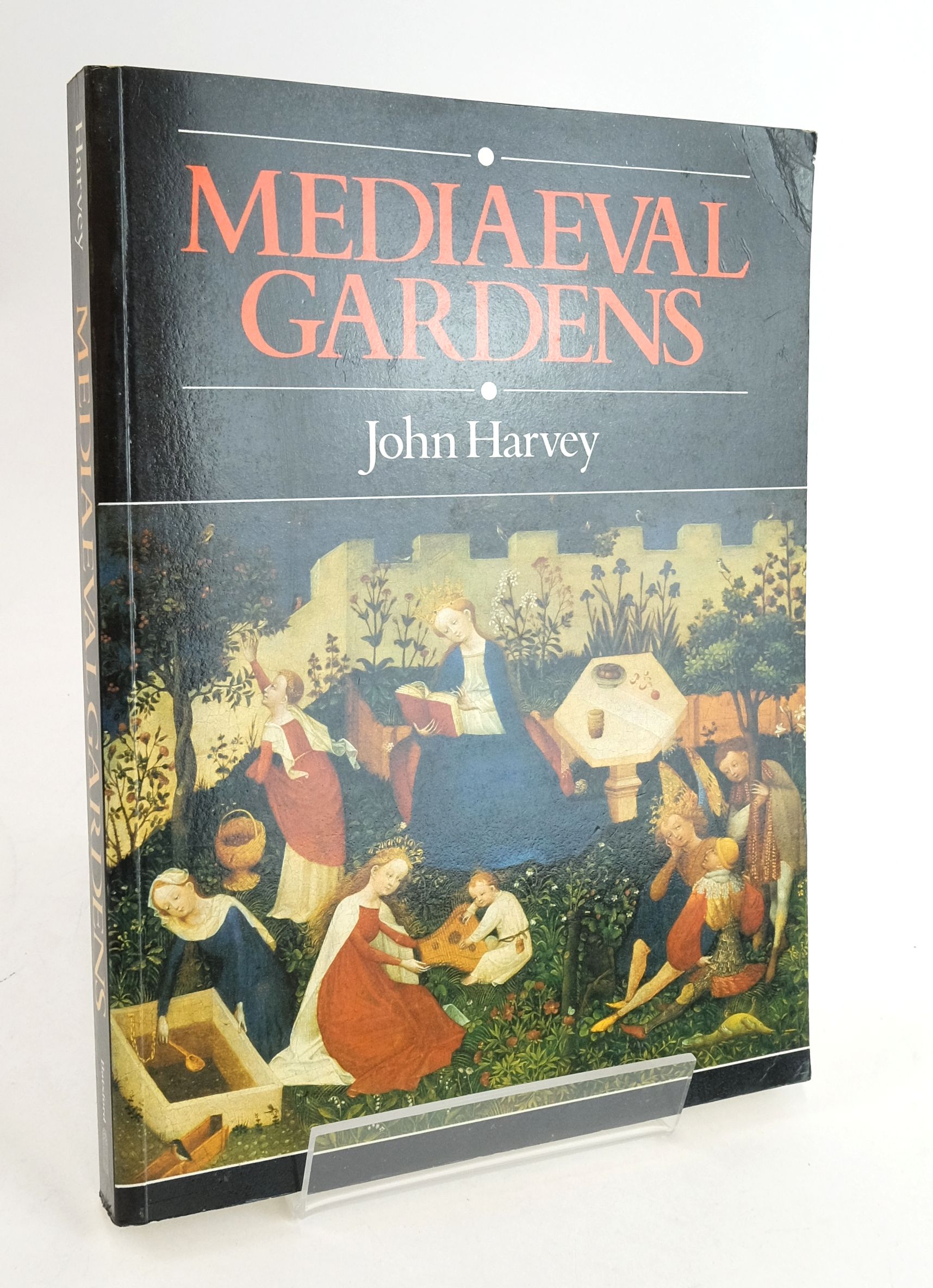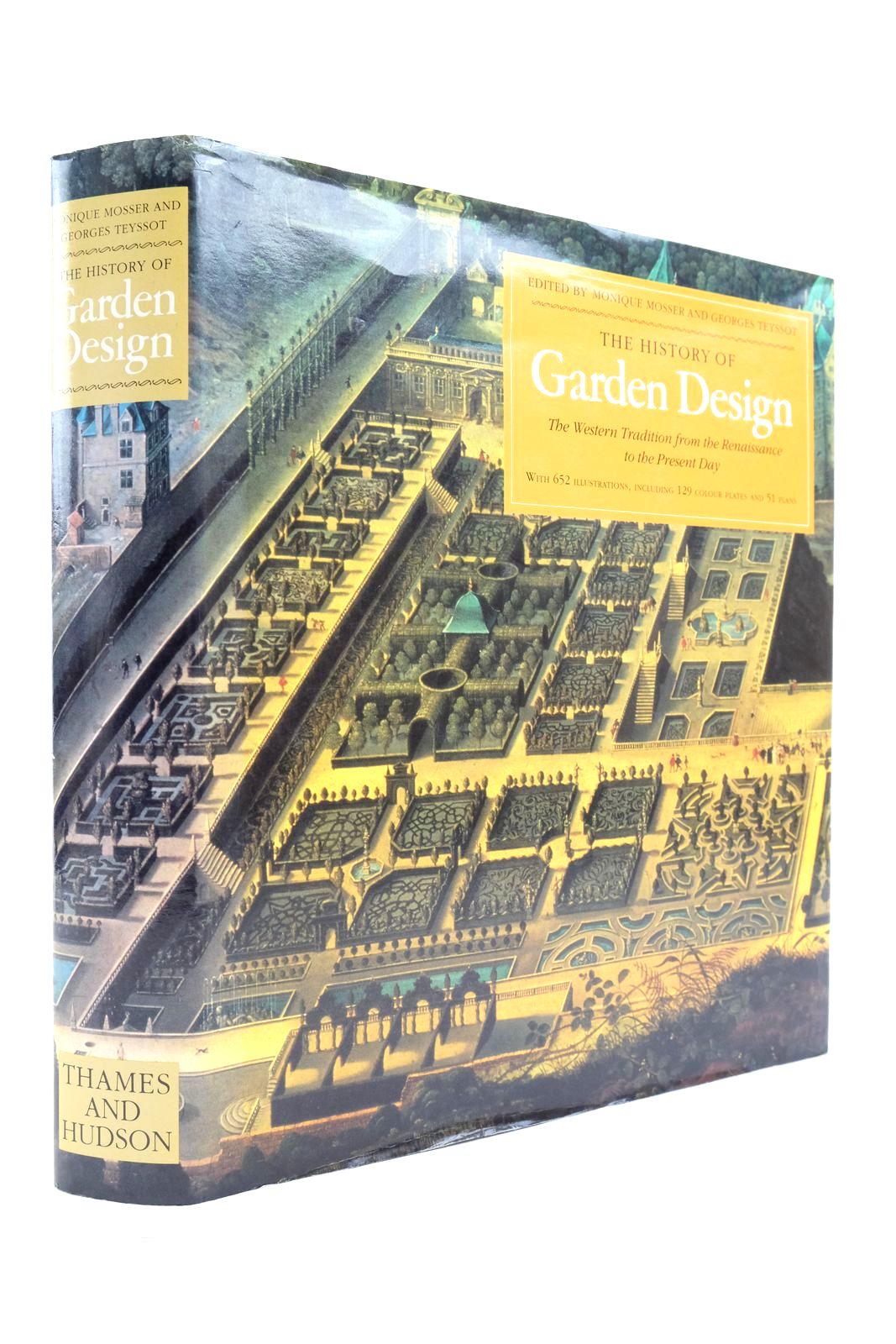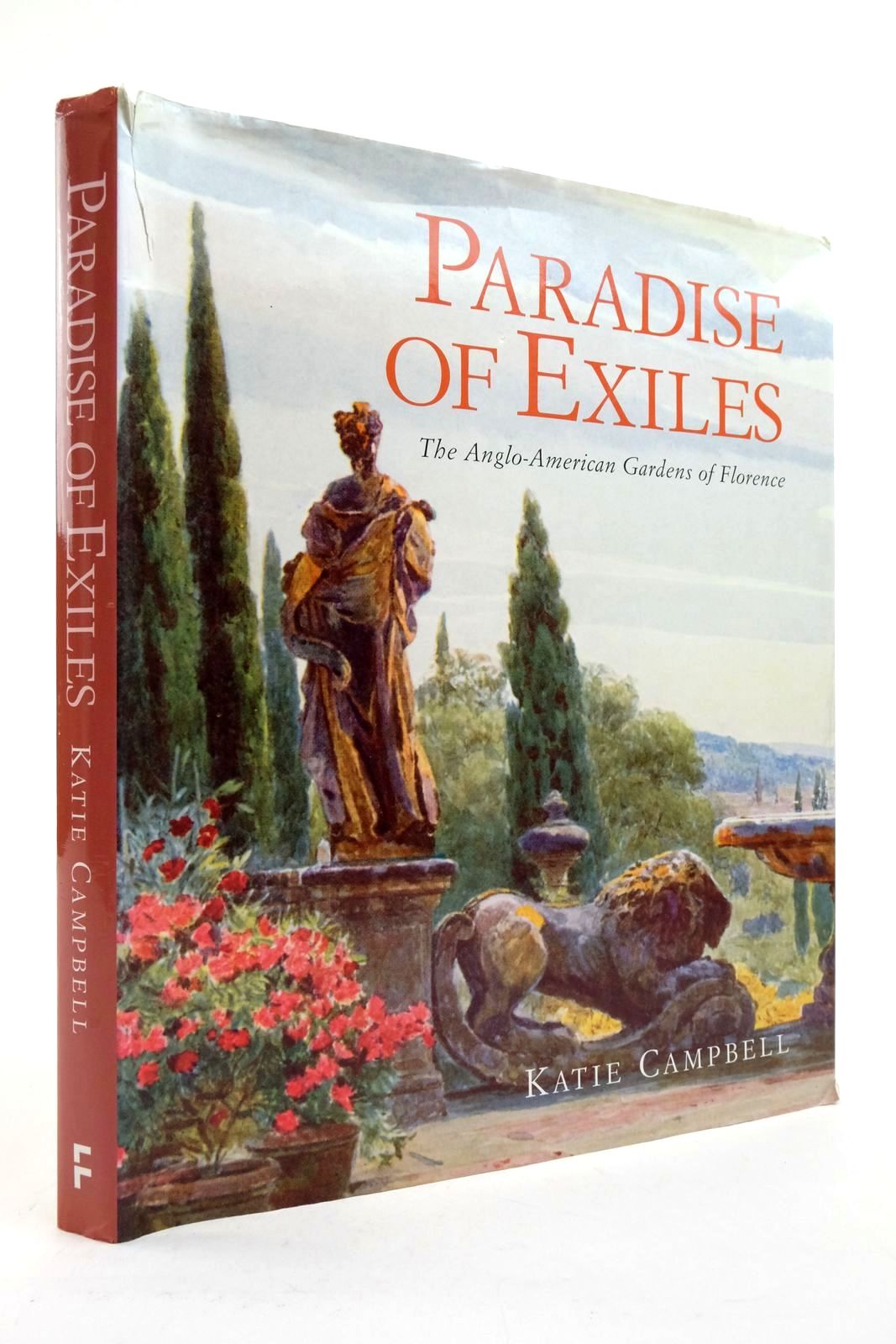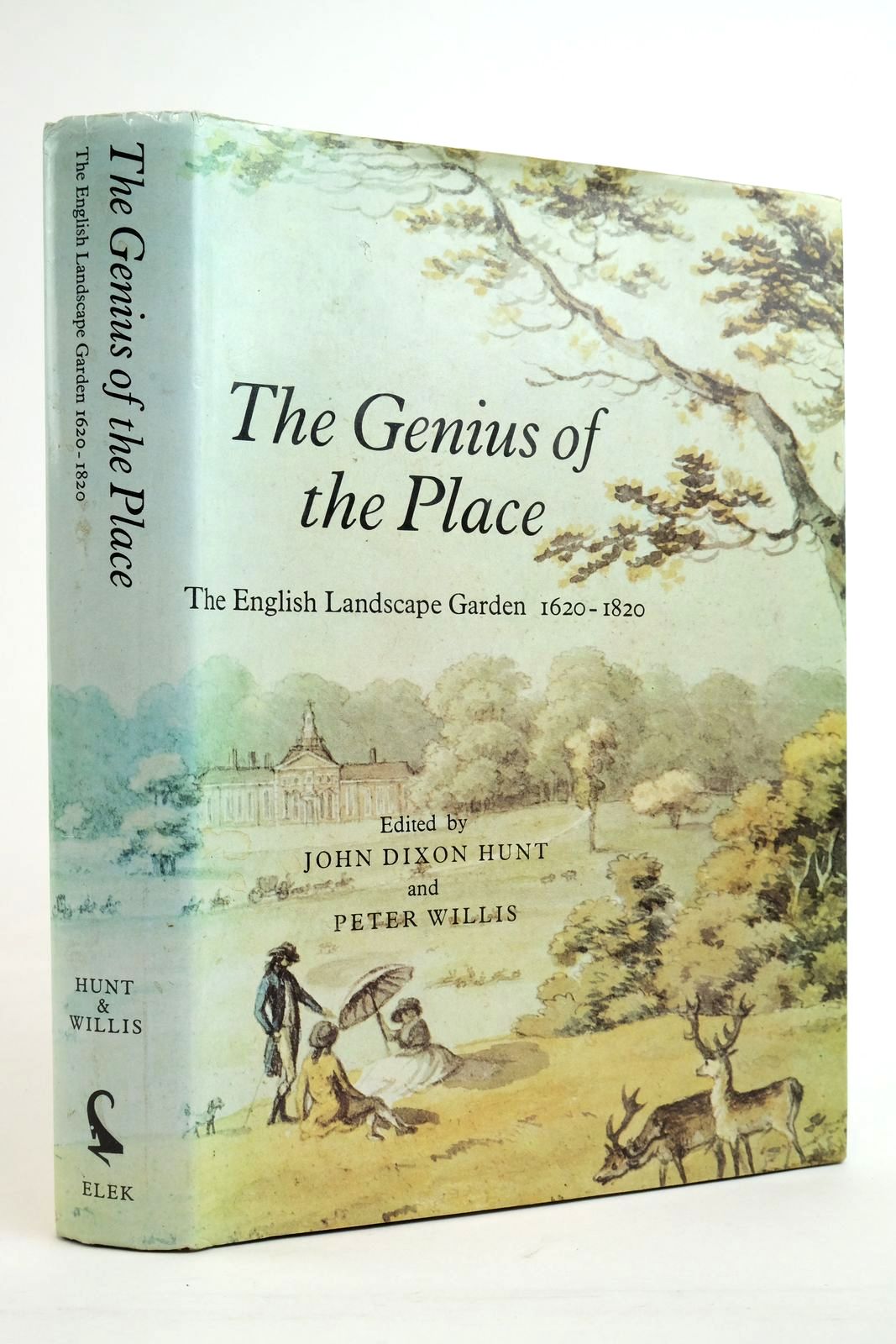Familiar Garden Flowers
Familiar Garden Flowers by Shirley Hibberd, Illustrated by F. Edward Hulme
Having lived in a flat for most of my adult life I am now very much enjoying having a garden and learning about different plants and what they do and don’t like.
This set of books really appealed to me when I first saw it. It is so attractive to look at – both the covers of each book and the beautiful chromolithographic plates of the garden flowers (200 in total!).
The books look at the different variety of plants that can be found in a typical English garden and offer detailed descriptions and a history of each plant as well as tips on how to plant, propagate, maintain etc.
The flowers are described by James Shirley Hibberd – who was one of the most popular and successful gardening writers of the Victorian era. He was also the editor of three gardening magazines, including Amateur Gardening which is still published today. You could say he was the Alan Titchmarsh of his day!
The amazing plates are illustrated by Frederick Edward Hulme. He was known as a teacher and an amateur botanist and was the Professor of Freehand and Geometrical Drawing at King's College London from 1886. His most famous work was Familiar Wild Flowers, which was issued in nine volumes.
These are just a few of the flowers featured in these volumes and some snippets of what the author has to say about them:
Poppy: “That they last ‘no time’ is rather an advantage than otherwise, because, having startled us with their noble forms and gorgeous colours, they wisely get out of the way to make room for something else, as if well aware that the evanescence of fireworks is one of their charms; for what would become of us if they were to sparkle and crackle at night?”
Snap-Dragon: “Why should this gay flower be called a snap-dragon? To snap, in vulgar parlance, is to bite suddenly, or to utter biting words in a snappish or sudden and ungentle manner, as in a characteristic passage in Cowper’s ‘Task’…. The botanical name Antirrhinum refers to the snout-like figure of the flower… they make useful bedding plants because, being perfectly hardy, they need no aid of glass to keep them through the winter.”
Honeysuckle: “Every plant has its place, as every dog has its day, and the very place for this honeysuckle is the wall of a comfortable English cottage, whereupon it appears more at home than anywhere else in all the world, not forgetting the woods in the south of Europe, wherein it plays the reveller, and perfumes the breeze.”
Jacob’s Ladder: “This is quite worth a place in the garden, at it is a true perennial, although described in the books as a biennial. The dwarf kinds are probably varieties of one species. They are very hardy plants, thriving best in a poor soil and a cold position…. This plant is propagated by divisions and cuttings, and a little patience will suffice to insure a good stock of it in one or two seasons. As a rule, it should not be allowed to flower, but when grown as a border plant the flowers are acceptable”.
Passion Flower: “To cultivate this fine plant is a very simple business, provided we can begin with a rich, mellow, well-drained soil and a warm wall of sufficient breadth for its full development. The rest is easy, for it consists of merely regularly training in the growth by means of nails and shreds, or by tying to a trellis, and occasionally pruning away any shoots that appear out of place, or that tend to crowd one another.”
Hollyhock: “The requisites for the production of a fine bloom of hollycocks are a deep, rich, moist soil; perfect drainage, to prevent injury by winter damp; and full exposure to air and light. In places much overshadowed by trees, or where much hemmed in by walls and fences, hollyhocks do not prosper. They love sunshine and fresh air; they love good living; and in a hot, dry season may with great advantage be liberally supplied with water”.
Doing a quick search on google showed me that there are many different editions of these books with various volume numbers and bindings. However, I have to admit that I do love this particular set the most!
Credits:
Wikipedia
Contributed by Maria
(Published on 14th Jul 2023)


